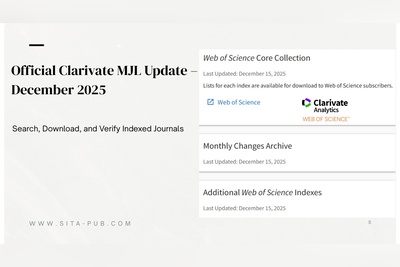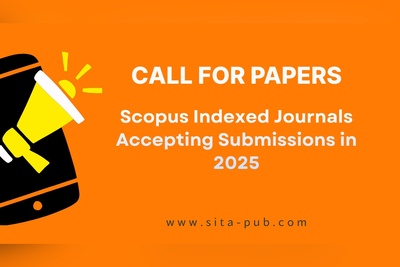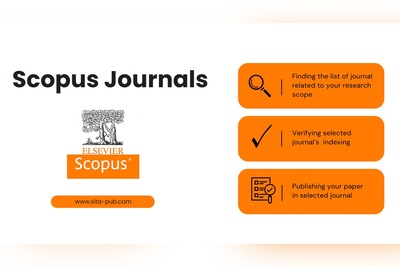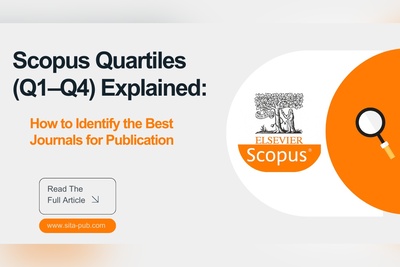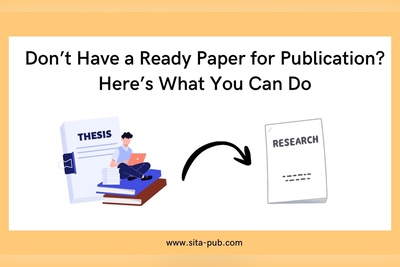Publication Requirements for PhD Graduation in Saudi Arabia
Are you looking for information about publication requirements for PhD graduation in Saudi Arabia? This article explains why publication is mandatory, how many papers are required, which journals are accepted, and how leading Saudi universities implement this rule.
- Why Publication Matters for Saudi PhD Candidates
- General Rule Across Saudi Universities
- University-Specific Requirements
- King Saud University (KSU)
- King Abdulaziz University (KAU)
- King Fahd University of Petroleum & Minerals (KFUPM)
- King Khalid University (KKU)
- Imam Abdulrahman Bin Faisal University (IAU)
- Princess Nourah bint Abdulrahman University (PNU)
- King Abdullah University of Science and Technology (KAUST)
- Umm Al-Qura University (UQU)
- Do All Saudi Universities Require Scopus or WoS Journals?

Earning a PhD is one of the most prestigious academic milestones, and in Saudi Arabia, this achievement is closely tied to research publication. Over the last decade, Saudi universities have increasingly emphasized the importance of publishing in peer-reviewed journals as a graduation requirement. The rationale is clear: publication not only validates the quality of a student’s research but also contributes to the country’s growing scientific visibility on the international stage.
In this article, we’ll explore how publication has become a requirement for PhD graduation in Saudi Arabia, what types of publications are acceptable, and how different universities implement this rule.
Why Publication Matters for Saudi PhD Candidates
Globally, the demand for research publication is rising, and Saudi Arabia is no exception. The Ministry of Education and the University Council have issued unified regulations stating that a doctoral candidate must publish—or have accepted for publication—at least one research paper in a refereed outlet before the defense of their dissertation.
This rule is designed to ensure:
Research quality: Publication in a refereed journal shows that the work has been peer-reviewed and meets international standards.
Visibility: Saudi universities gain global recognition when their students’ research appears in reputable journals.
Career readiness: Graduates with published work are better positioned for academic and industry careers.

General Rule Across Saudi Universities
According to national regulations (University Council, 2022), all PhD students must present proof of at least one published or accepted article in a peer-reviewed outlet before defending their dissertation.
The language is typically phrased as: “Publish or obtain acceptance for at least one scientific paper in a refereed and specialized journal.”
This standard applies across disciplines, but some universities and departments go further, requiring two or more publications in indexed journals.
University-Specific Requirements
While the national regulation sets the minimum standard, implementation differs across institutions. Here’s a closer look at how leading Saudi universities enforce this requirement.

King Saud University (KSU)
At King Saud University, publication is not optional—it is a mandatory requirement for all PhD candidates. The Graduate Studies regulations clearly state that a PhD student must publish at least one paper derived from their dissertation before the thesis defense.
Some departments impose stricter standards:
Mass Communication PhD: Requires at least one published or accepted paper in a peer-reviewed journal.
Dentistry (DScD program): Requires two publications—one accepted in an ISI/PubMed journal and another submitted.
This highlights how requirements can vary by faculty, with medical and scientific fields often expecting more.
King Abdulaziz University (KAU)
KAU also enforces a publication requirement. The Graduate Studies Handbook specifies that PhD candidates must publish—or have accepted—at least one paper in a refereed journal.
However, individual departments add extra layers:
Mathematics: Requires two papers in well-respected journals derived from the dissertation.
Electrical & Computer Engineering (ECE): Students must publish at least two peer-reviewed journal papers.
So while the university-wide rule requires one publication, some faculties expect two.
King Fahd University of Petroleum & Minerals (KFUPM)
KFUPM is somewhat different. Its official graduate guidelines do not explicitly state a publication requirement for PhD completion. Instead, the emphasis is on coursework, thesis preparation, and defense procedures.
In practice, however, students are strongly encouraged to publish, and many supervisors expect their candidates to submit at least one article. While not a formal regulation, publishing is an informal standard for academic credibility.
King Khalid University (KKU)
At King Khalid University, the requirement is formalized. Graduate regulations state that a PhD student must publish or obtain acceptance for at least one refereed article before the dissertation defense.
The regulation is universal, applying across all faculties and disciplines. Students typically fulfill this by publishing in peer-reviewed journals indexed in Scopus or Web of Science.
Imam Abdulrahman Bin Faisal University (IAU)
At IAU, publication requirements vary by program, but the minimum is typically one paper. For instance:
Chemistry PhD: Requires at least one publication in a peer-reviewed journal.
Public Health PhD: Requires two published articles in refereed journals.
This shows that while the baseline is one publication, some faculties raise the bar.
Princess Nourah bint Abdulrahman University (PNU)
PNU follows the national standard but states it very explicitly: doctoral students must publish at least one article in a refereed scientific journal, and the paper must be derived from their dissertation. Proof of acceptance is also accepted.
King Abdullah University of Science and Technology (KAUST)
KAUST stands out as the exception. Its official PhD requirements do not include a publication mandate. Instead, the focus is on coursework, qualifying exams, proposal defense, and dissertation defense.
That said, KAUST is a highly research-intensive university, and publication is strongly encouraged and often expected informally. Most PhD graduates from KAUST do have publications, even though it is not technically required for graduation.
Umm Al-Qura University (UQU)
UQU enforces publication very strictly. To submit a dissertation, students must provide proof of at least one paper published or accepted in a refereed and classified journal, derived from the thesis, and published under the university’s name.
This aligns with the broader national regulation and ensures that UQU maintains international publication standards.
Do All Saudi Universities Require Scopus or WoS Journals?
Interestingly, while the regulations consistently use the term “refereed scientific journal,” not all universities explicitly demand Scopus or Web of Science (WoS) indexed journals.
However, in practice:
Medical and STEM programs (like Dentistry at KSU) often specify ISI or PubMed-indexed journals.
Other faculties generally accept any peer-reviewed refereed outlet but prefer internationally indexed journals for credibility.
Terms like “classified journal” (used by UQU) usually imply that the journal must be indexed in Scopus, WoS, or other recognized databases.

So while Scopus/WoS indexing is not always written into the regulations, it is strongly implied and often required at the departmental level.
Related Article
Differences Across Disciplines
STEM and Medical Sciences: Tend to require more papers (often two), published in indexed journals.
Social Sciences and Humanities: Generally require one refereed publication, though indexed journals are still encouraged.
Professional Fields (Education, Business, Communication): Often stick to the minimum of one publication.
Key Takeaways
National Requirement: All Saudi PhD students must publish or have accepted at least one paper in a refereed journal before defending their dissertation.
University Variations: While one publication is the baseline, some universities (like KAU and KSU) require two in certain faculties.
Indexing Standards: Not always explicitly stated, but most programs prefer Scopus/WoS journals for credibility.
Exceptions: KAUST does not require publication by regulation, but publication is strongly encouraged.
Discipline Matters: STEM and health sciences tend to set higher expectations than social sciences or humanities.
Conclusion
For PhD candidates in Saudi Arabia, publishing a research article is not just an academic achievement—it is a graduation requirement. While the exact number of required publications varies between universities and disciplines, the trend is clear: research publication is central to doctoral education in the Kingdom.
This policy aligns with Saudi Arabia’s broader vision to boost its international research profile and ensure that graduates leave with not only a doctoral degree but also tangible contributions to their fields.
For students, this means planning for publication early in the PhD journey—working closely with supervisors, targeting the right journals, and ensuring manuscripts meet international standards. Whether one paper or two, in Scopus or other indexed journals, publication is the gateway to completing a PhD in Saudi Arabia.
Publish Your Research in International Journals with SITA Academy
We provide full research paper publication support in Scopus and Web of Science–indexed journals.
Don’t have a ready paper yet? No problem! Our team can turn your thesis into publishable articles with professional editing and formatting.
Submit your request today to receive the full details, including process, timelines, and fees.
Verified Contact Channels
If you have any questions, inquiries, or would like to learn more about our services, please don't hesitate to reach out to us. Our dedicated team is ready to assist you.







